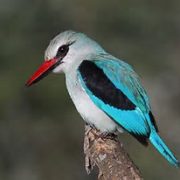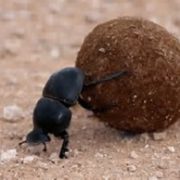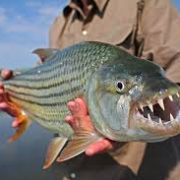News!

Hello to everyone reading this…friends old, new and in the future!
No promises, but I am going to try to keep up a random and occasional blog, giving news during the course of the season and in the off season.
Right now we are experiencing extreme heat and it is pretty dry. But this is the time when we look forward to the return of the migrant birds like the Paradise Flycatcher and Woodland Kingfisher (click on the audio bar above to hear what he sounds like), and the arrival of the impala lambs, wildebeest calves and nyala lambs. I saw the tiniest baby nyala in the garden just yesterday after having observed her expectant mother spending time alone close to the house presumably for safety from predators, for a few days. What a thrill! And to hear the Woodland Kingfishers is always a sign that summer has well and truly arrived.
Phil has been a great help booking our flights and hotels for the USA 2018 marketing trip. He has been spending time in his workshop of late and is very much enjoying working on a few proposed fishing trips to Botswana for next year.
We leave for Denver on the 9th of January and return home on Valentines Day! We’ll keep you posted on our home page regards our exact whereabouts while we’re in the USA, at a later stage. Please drop us a line should you wish to connect while we are over there…we already have quite a few dinner dates and other commitments to look forward to!
I’m going to sign off now to check whether I actually managed to post this, and will try to add more over the weekend.
Take care and stay warm while we try to stay cool!




